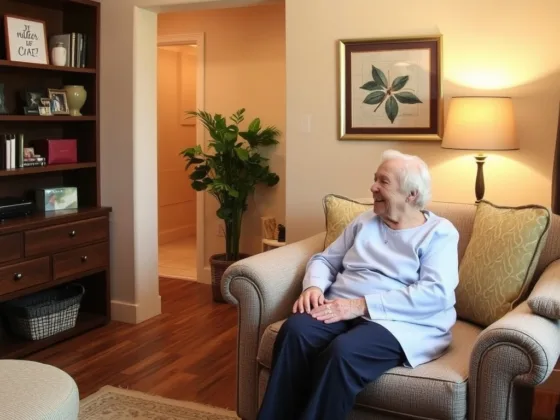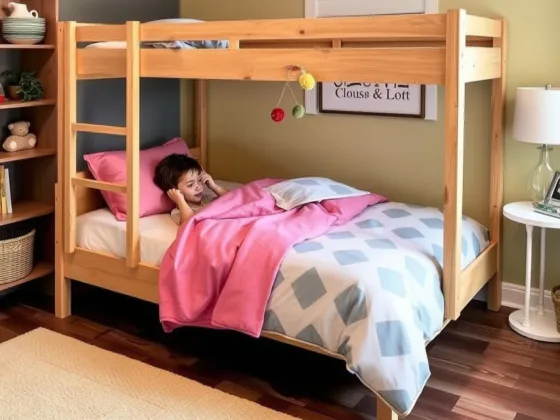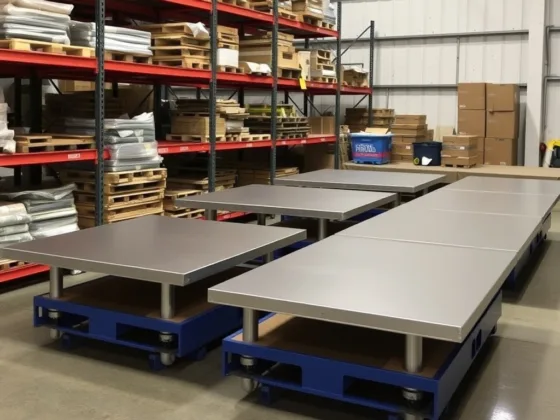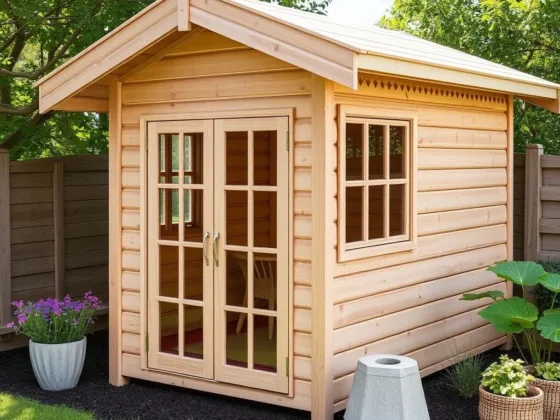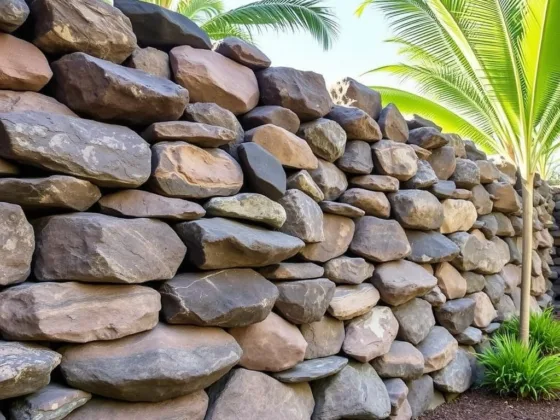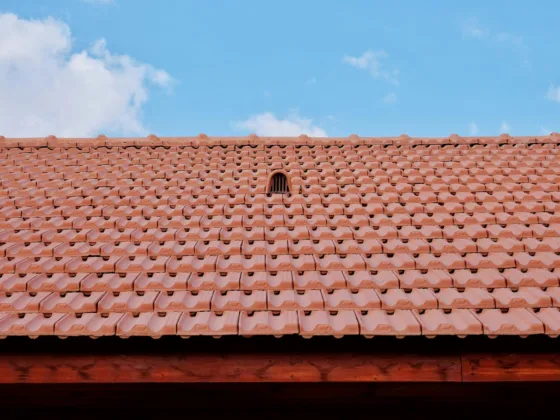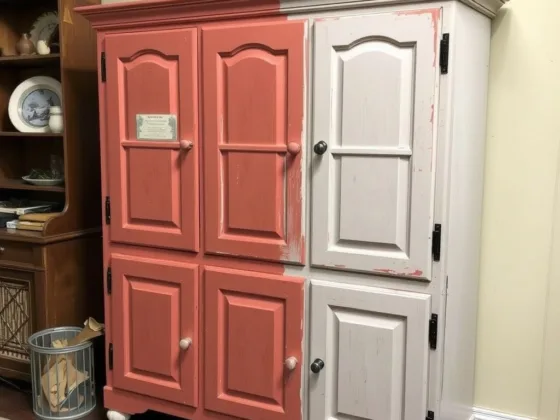Table of Contents Show
There’s nothing worse than waking up to discover there’s no hot water for your morning shower.

While most of the popular hot water systems Brisbane wide are simple and reliable, you’ll probably need to replace the system in your home at some point. Replacing your hot water heater isn’t a big deal, but it does mean you’ll be left without hot water for at least a few hours.
How long it takes for your new system to heat pump hot water up depends on lots of factors. In this article, we’ll go over the main variables to help figure out how long you’ll be waiting for your next hot shower!
Installing a New Hot Water Heater
If you’re replacing your hot water heater then you can expect it to take anywhere between 30 to 90 minutes to heat up after installation. The amount of time it takes depends on things like the size of the tank, how powerful the heater is, and whether the system is gas or electric.
In most cases, an electric water heater will take longer to heat up than a gas-powered system. Electric heaters have a lower energy output and larger storage tanks. So, you could expect a smaller electric unit to take about 60 minutes to heat up.
A larger hot water system for a family of 5 or 6 could take 90 minutes or longer. Gas hot water systems need less time to heat. Smaller gas systems will only take about 30 minutes to come up to temperature, while larger systems will take around 60 minutes.
Gas vs electric power can make a big difference to your heater’s capacity. But several other factors also play a role in how long you’ll have to wait for your new system to heat up:
- The storage tank’s volume
- The heat output of the system
- How high the thermostat is set
- Ambient temperature and weather conditions
Read Also:
Choosing the Right Hot Water System
Replacing your hot water heater is your chance to make sure you’re choosing the right system. The size of your family, how much water you use, the climate you live in, and whether you have gas available can all impact your decision.
The right hot water system will ensure you always have hot water without putting a major dent in your power bills. If you’re installing a new hot water system then it’s best to speak to your plumber. They’ll be able to help choose a water heater that provides plenty of hot water for your family.
The table below should give you a rough idea of how large your new hot water system needs to be:
| Number of People | Electric Heater Size | Gas Heater Size |
| 2-4 | 120L – 160L | 135L – 160L |
| 3-6 | 160L – 300L | 160L – 260L |
| 5-8 | 250L – 400L | 170L – 340L |
Maintaining Your Water Heater
If you don’t want to find yourself waiting hours for a new hot water system to heat up, regular maintenance is the answer. Most hot water systems are fairly simple appliances.
That means they’re easy to keep in top condition with a little bit of care. Make the time to inspect your water heater once in a while and speak to your plumber about setting up a servicing program.
There are usually warning signs that your water heater needs service or is about to fail. Call your plumber and ask for their help if you see problems like:
- Water heater struggling to provide hot water
- Water leaks around the tank
- Unusual noises coming from the system (like squealing, hissing, banging, or clicking)
- Cloudy water
- Rust-colored water
- Corrosion or verdigris around the water tank’s pipes and fittings
- The smell of gas leaks
- A pilot light that frequently goes out
- If the pilot flame is a sooty yellow, brown or red color
On-Demand Tankless Hot Water Systems
Tankless water heaters are some of the most popular types of hot water systems Brisbane wide. If you don’t have the patience to wait around while your new heater warms up, a tankless system may be the answer!
Tankless hot water heaters use gas or electricity to instantly heat water as it flows through the system. That means you’ll always have hot water and that there’s no need to wait for a large holding tank to heat up.
While the upfront costs of a tankless water heater are a little higher, the energy efficiency of the system means they’re a good long-term investment. The only catch is that a tankless heater needs to be sized correctly for your family.
An underpowered water heater will never be able to keep up with demand. Speak to your plumber about tankless hot water systems and ask them to help you – they’ll be able to specify the right unit for your home.


